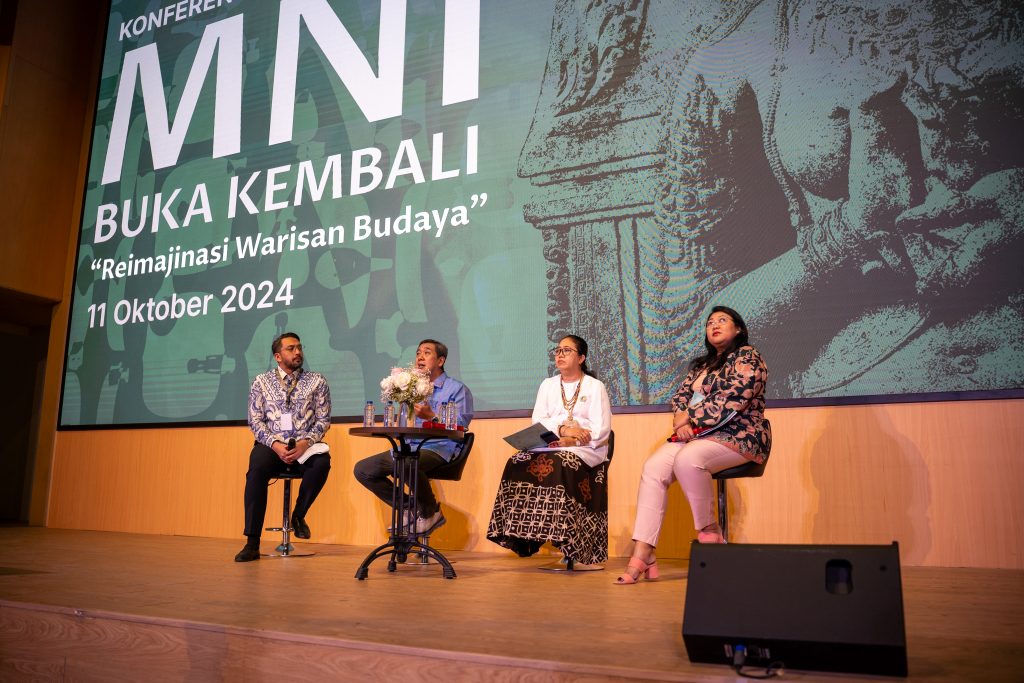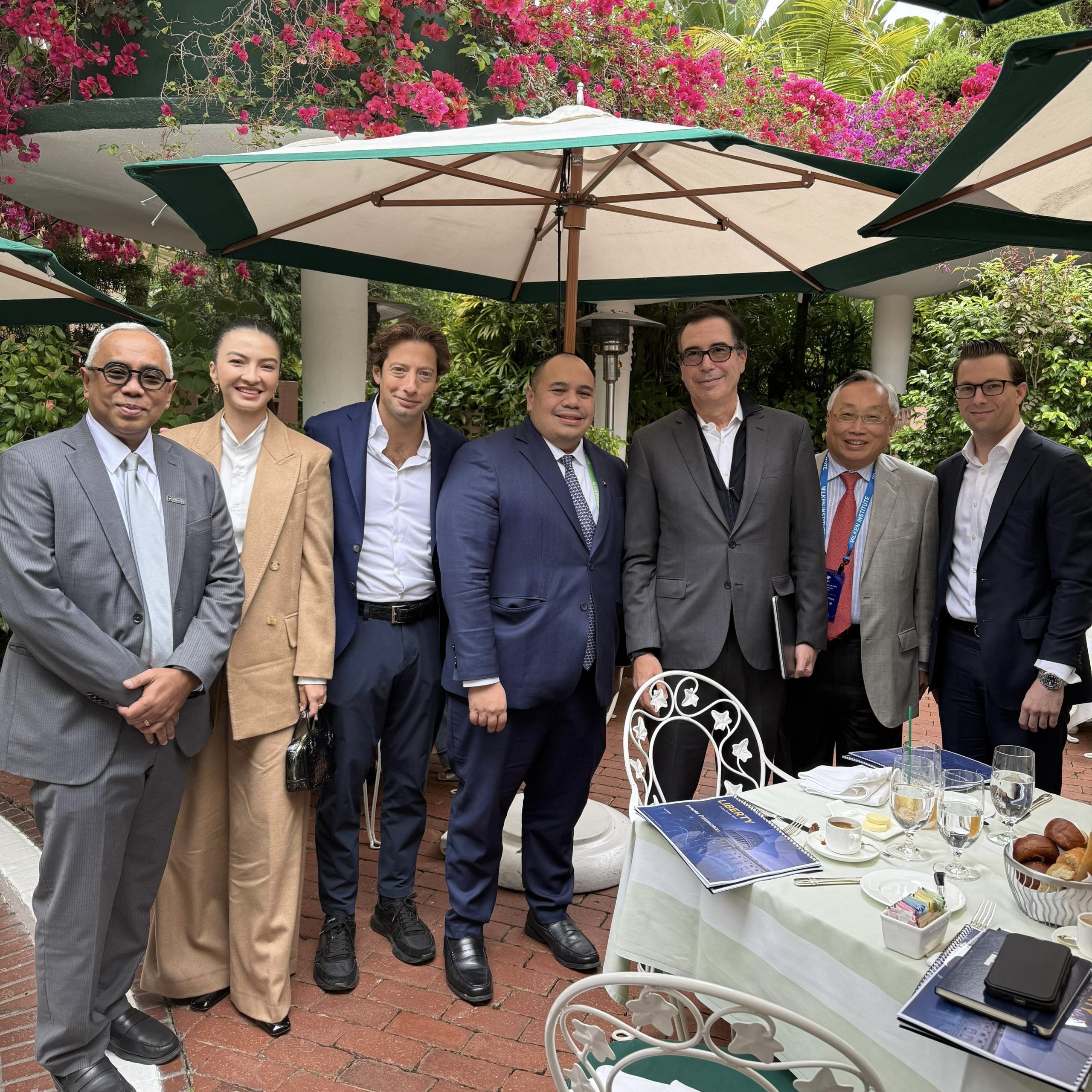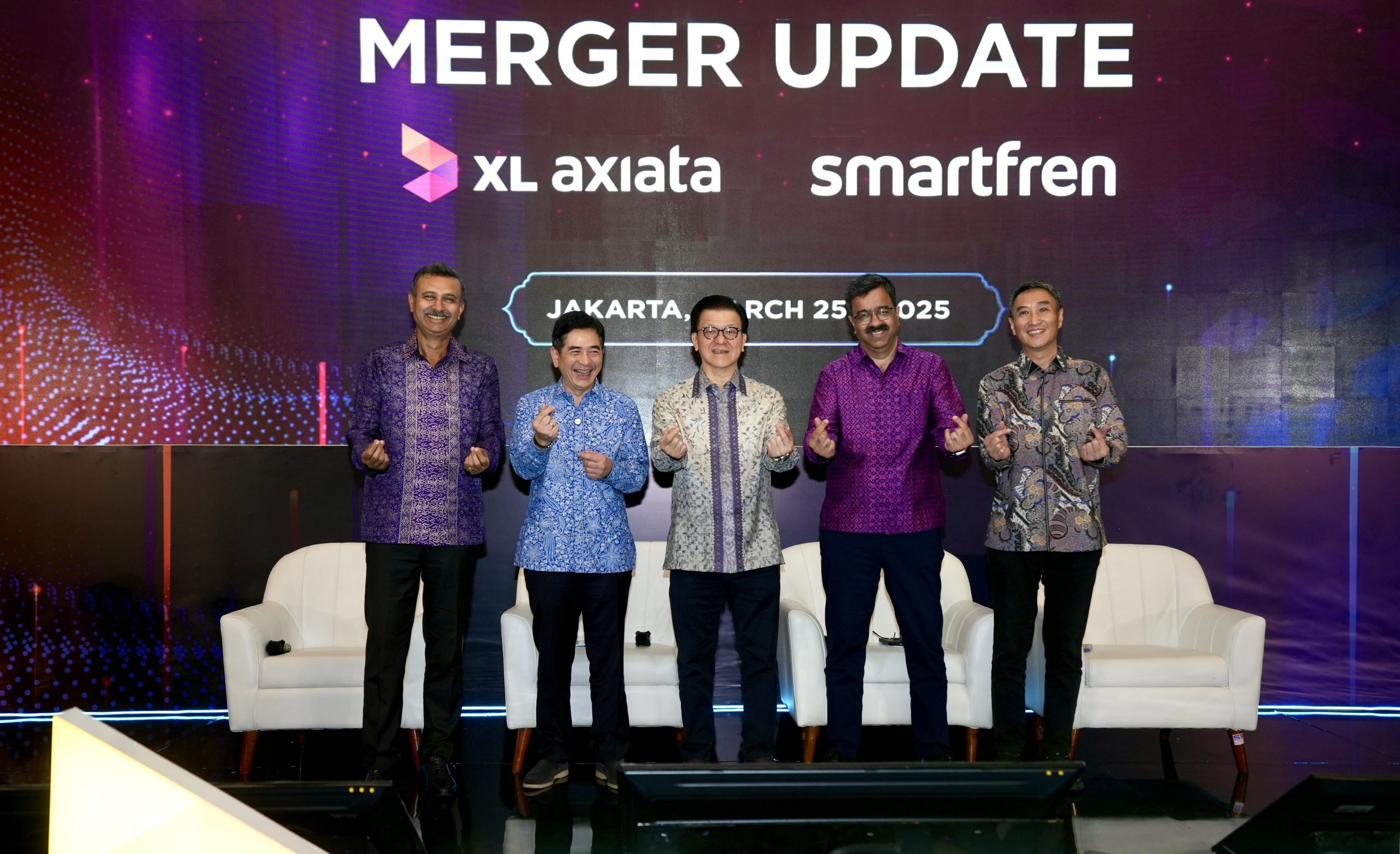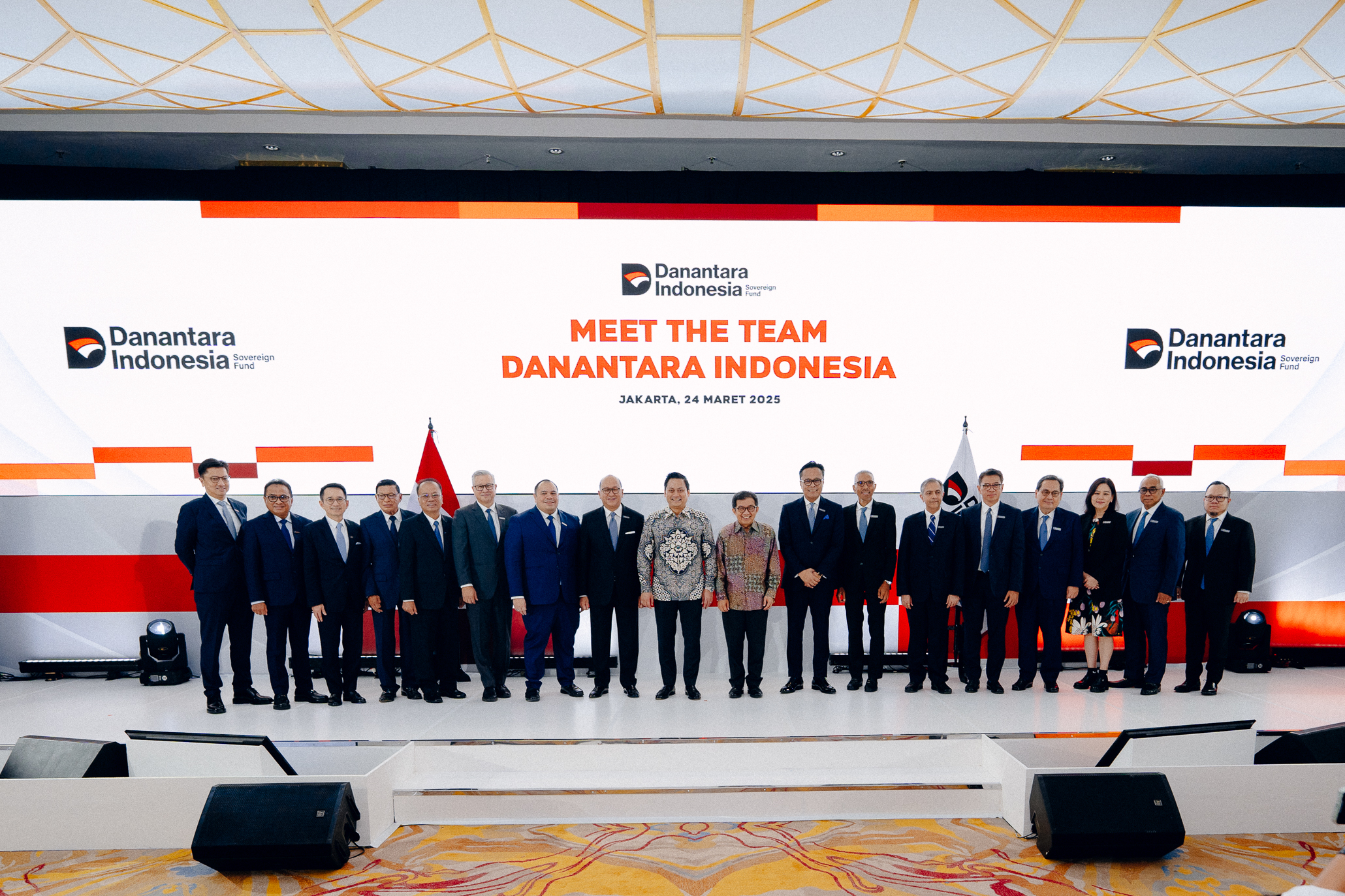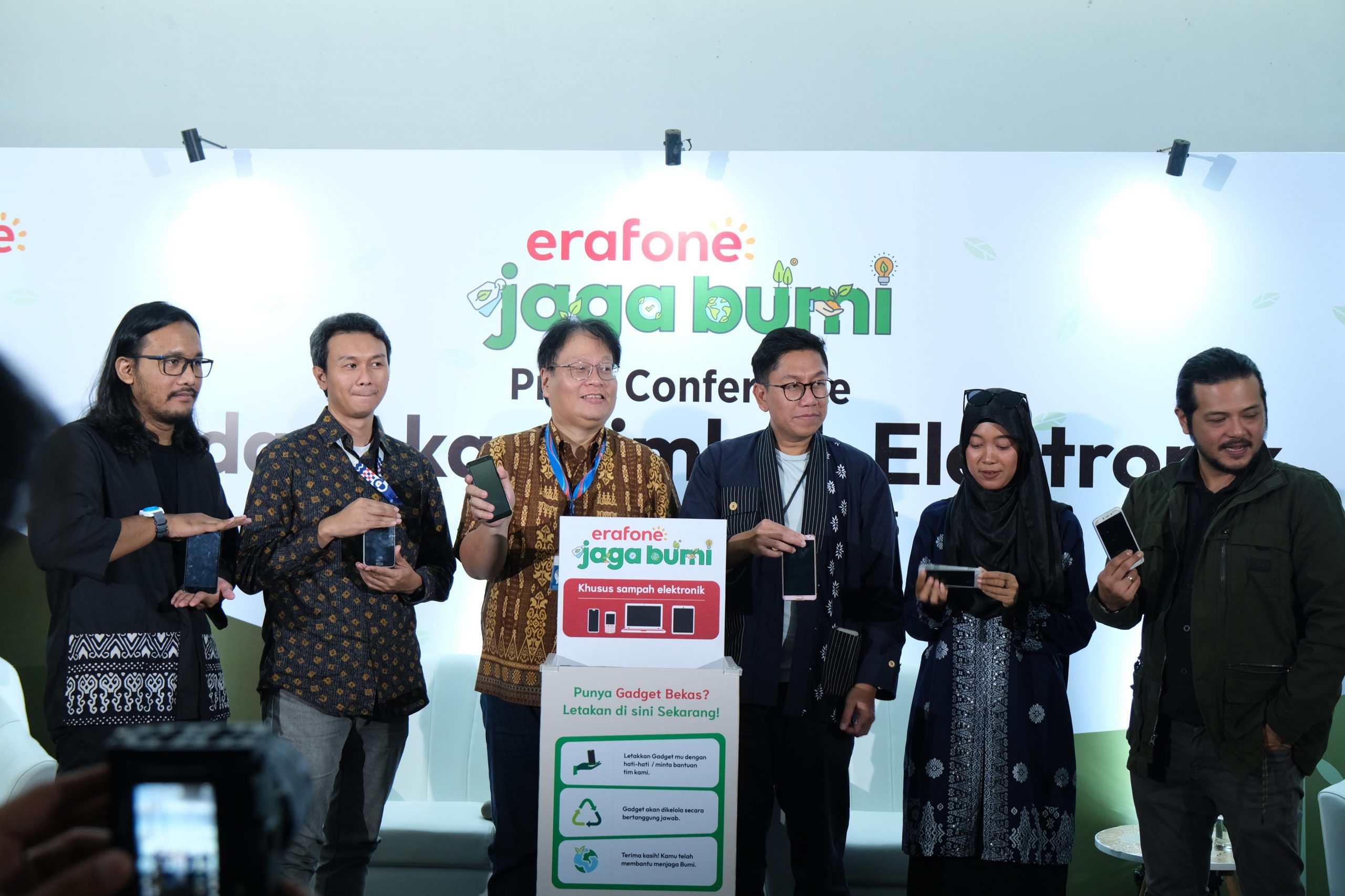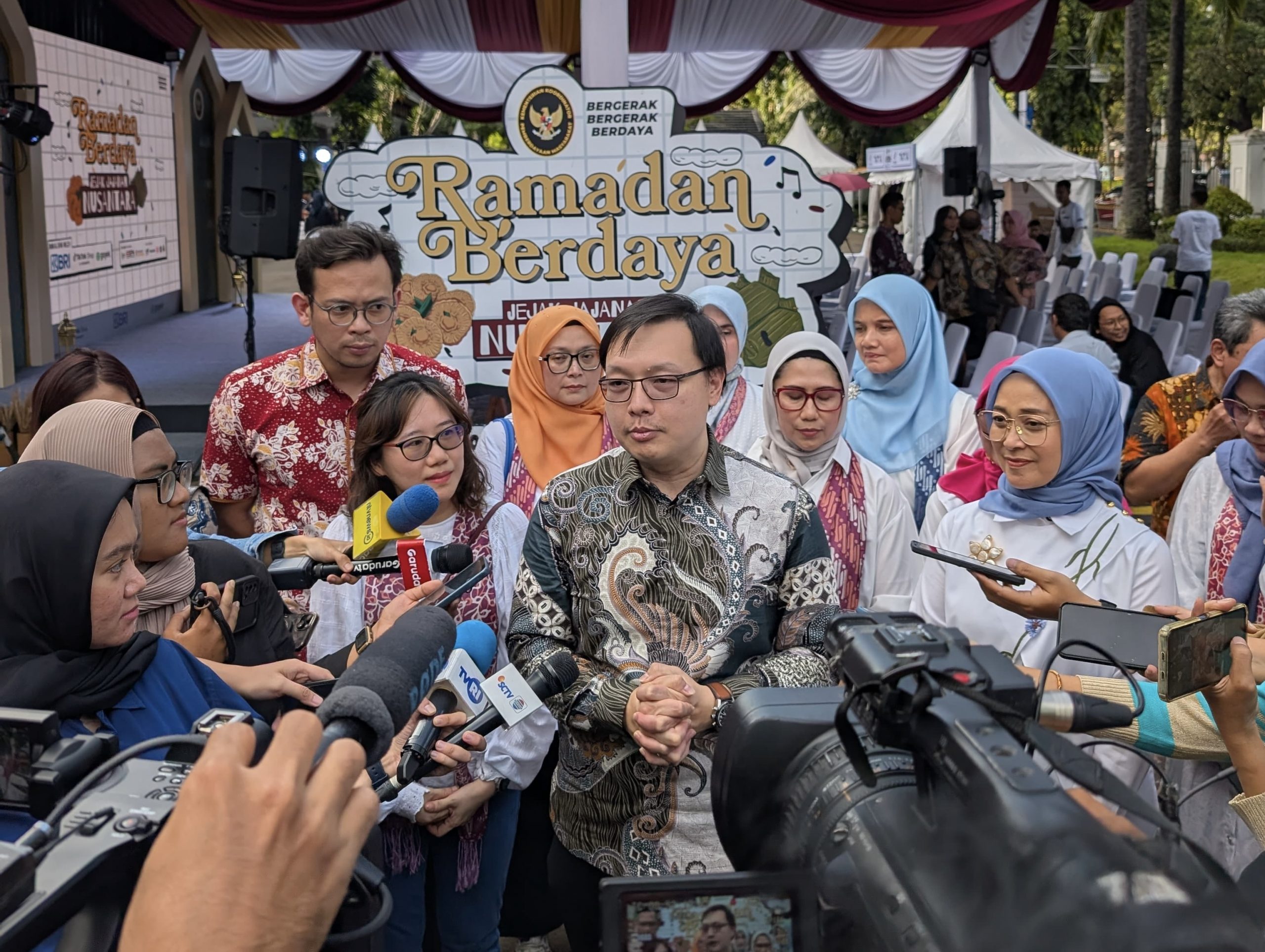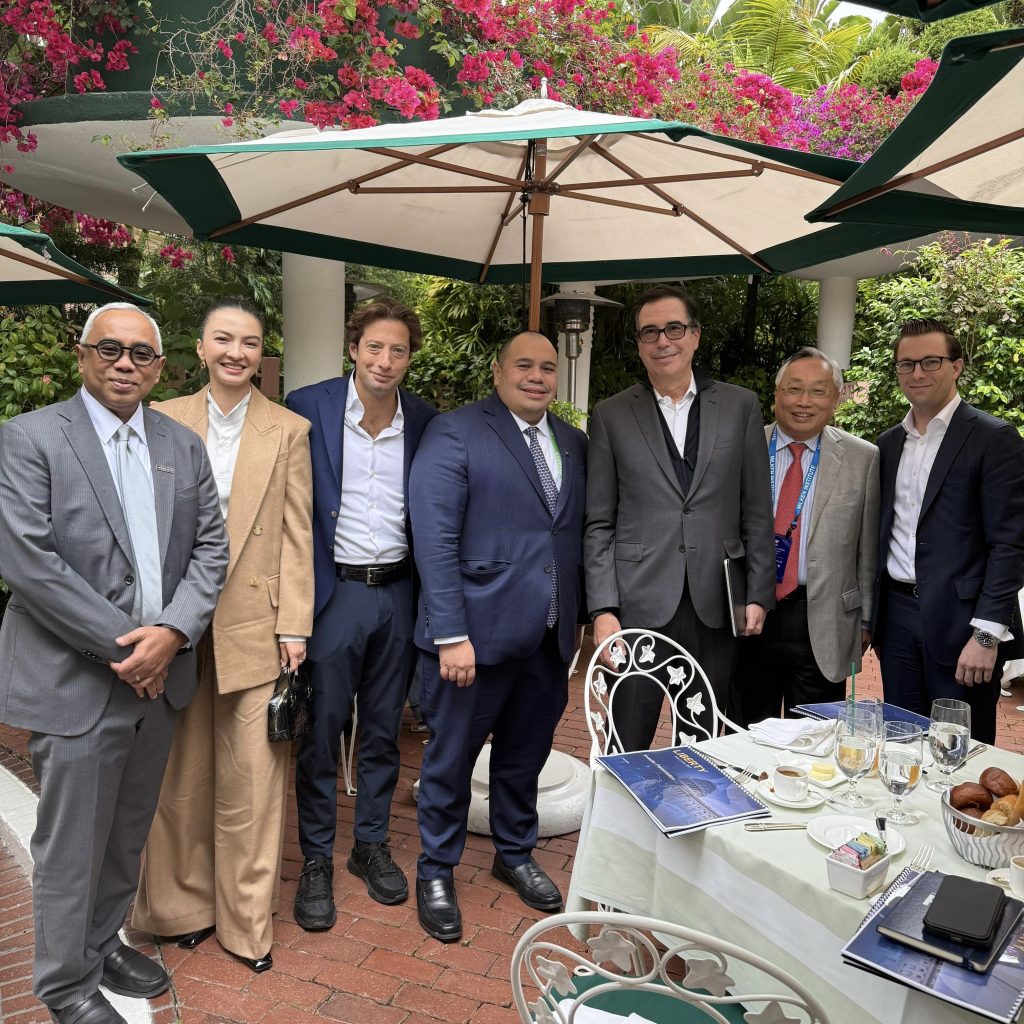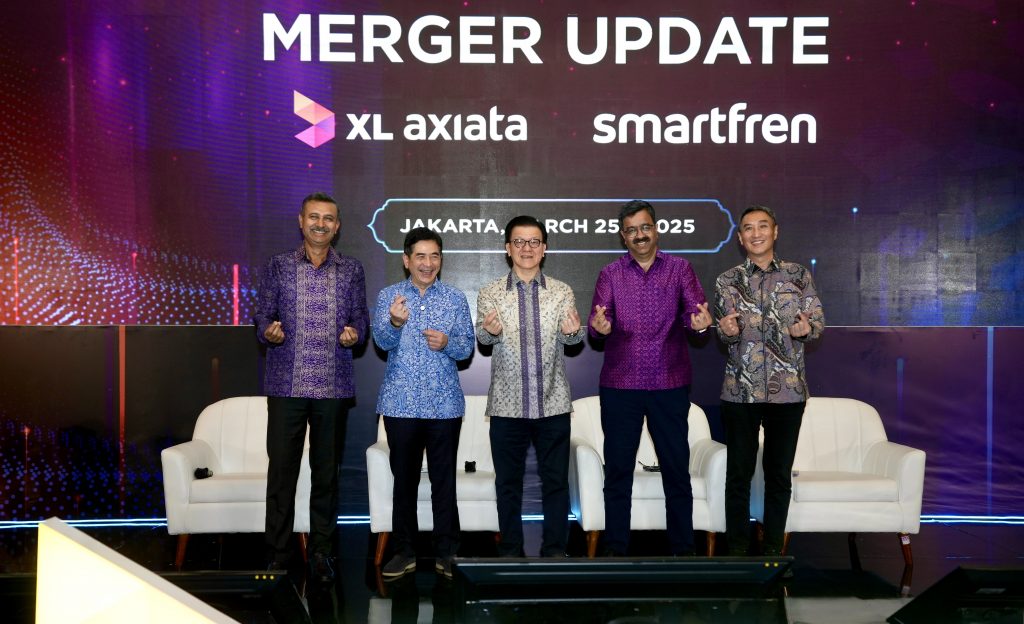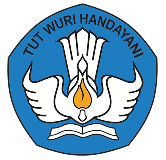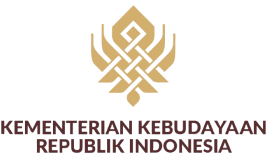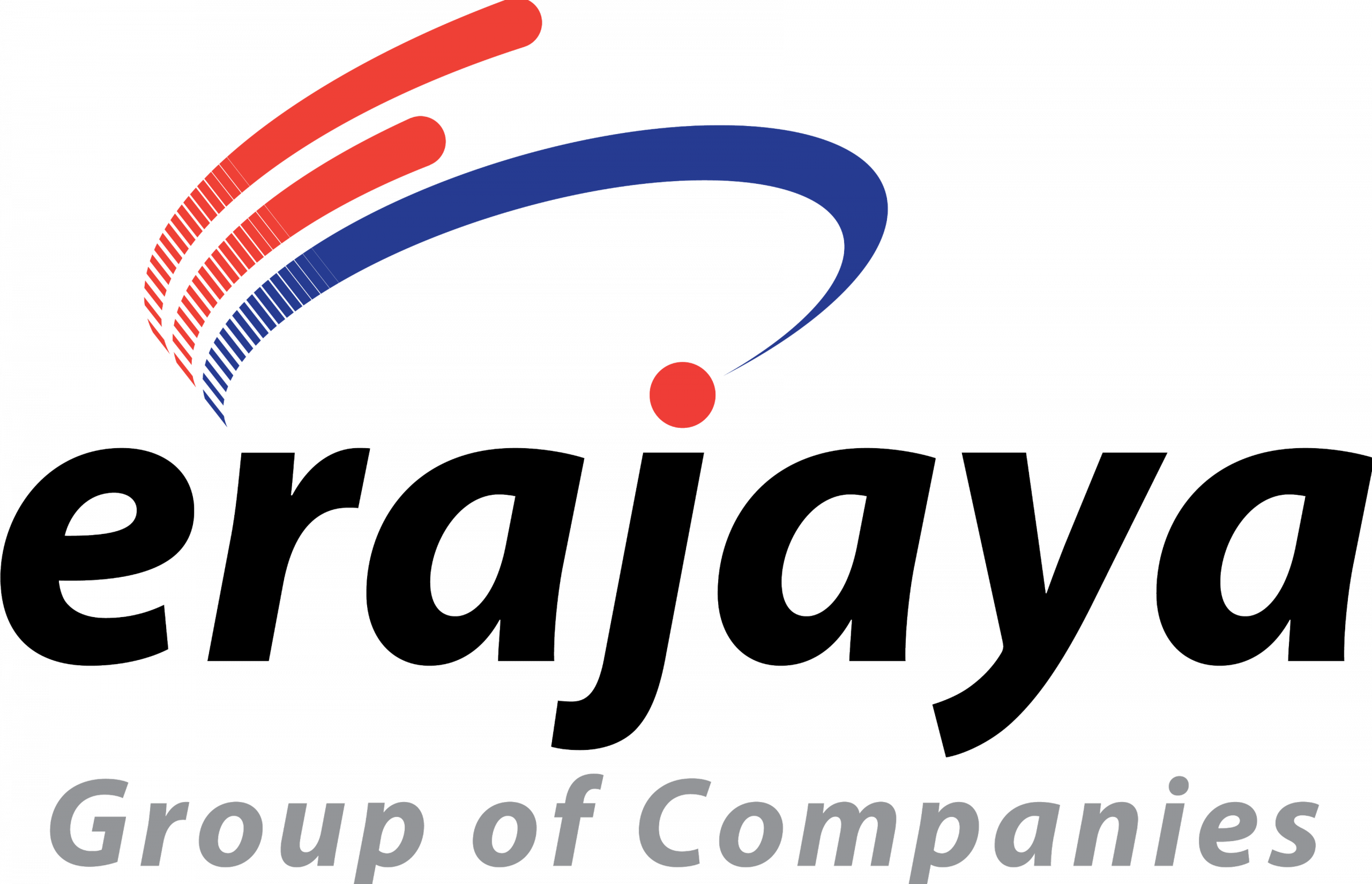Jakarta, October 11, 2024 – After undergoing extensive revitalization and development over the past year, the Indonesian Heritage Agency (IHA) announces the reopening of the Indonesian National Museum (MNI) to the public on Tuesday, October 15, 2024. This reopening marks a new beginning for museums in Indonesia, with MNI now featuring modern facilities, interactive exhibitions, and more immersive educational experiences. The Reopening Event of MNI, held on October 10-11, 2024, showcases four main programs: The new curatorial and exhibition layout area, the ImmersiveA Room utilizing the latest technology, as well as MNI’s first two temporary exhibitions: The Recovery Journey of MNI After the Fire: “Beating the Nekara, Extinguishing the Flame” and The Repatriation Exhibition: The Return of the Cultural Heritage and Knowledge of the Archipelago. The reopening ceremony was officiated yesterday (10/10) by the Coordinating Minister for Human Development and Culture, Muhadjir Effendy, who emphasized the importance of museums as a window for the younger generation to learn about the nation’s history and culture.
Aligned with IHA’s mandate to reimagine cultural heritage, the reimagined concept of the Indonesian National Museum derives from the broader vision of “Reimagining Cultural Heritage,” an innovative approach to transforming how visitors view and interact with museums, shifting from traditional functions to becoming more modern and dynamic. “IHA is committed to enhancing the experience by delivering a deeper narrative transformation. With ongoing revitalization efforts continuing over the next three years, the Indonesian National Museum is expected to become part of a cultural ecosystem, setting a benchmark for international standards in museum management and collection utilization. It will also strengthen its role as a public space that serves as a source of knowledge and inspiration,” said Acting Head of the Indonesian Heritage Agency, Ahmad Mahendra.
The reimagined MNI focuses on revitalizing its physical structure and enhancing its resources and services to welcome a new era of museum management and cultural preservation that better aligns with contemporary needs. The museum’s exhibition design has been significantly transformed, with the narrative of each building tailored to public interests and needs, making it dynamic and continuously relevant as a center for education and recreation, particularly for younger generations. This transformation encompasses cultural heritage exploration, from prehistoric insights to the heroic struggles for Indonesia’s independence, as well as an inspirational space for envisioning a sustainable cultural heritage future. The three main narratives are distributed across MNI’s buildings: Building A with the theme “Meaningful Past,” Building B “The Essence of Indonesia,” and Building C “Equipping a Sustainable Future.”
General Person in Charge of the National Museum of Indonesia, Ni Luh Putu Chandra Dewi, stated, “Over the next three years, MNI will undergo gradual transformation, including the digitalization of collection management and the introduction of new ways to present and celebrate intellectual and creative excellence. This transformation incorporates digital technology in exhibitions to create more interactive experiences, such as augmented reality (AR) and virtual tours.”
One exhibition space that adopts technological innovation is the ImmersiveA Room, a state-of-the-art space revolutionizing how we experience history and culture. This room utilizes advanced visualization and audio technology to create a comprehensive and immersive experience, similar to viewing ancient cave paintings in a modern context. Visitors can explore Indonesian cultural history across eras in a highly interactive format, allowing them to reimagine and experience historical narratives in new and exciting ways.
“Additionally, two temporary exhibitions will run until December 31, 2024: ‘Beating the Nekara, Extinguishing the Flames: MNI’s Recovery Journey Post-Fire’ and ‘The Repatriation Exhibition: The Return of Indonesia’s Cultural Heritage and Knowledge.’ This is the first time we transparently and comprehensively narrate MNI’s recovery efforts to the public. The repatriation collection, including four Singasari statues repatriated in early October 2024, is also presented,” added Ni Luh Putu Chandra Dewi.
As part of its ongoing revitalization initiative, MNI highlights the importance of multi-stakeholder collaboration, which has been key to the museum’s renewal process. This collaboration involves IHA working with curators, cultural heritage experts, cultural communities, international institutions, historians, architects, and national figures, all contributing significantly to designing and implementing the new concepts and ideas shaping MNI.
“This multi-stakeholder collaboration has redefined MNI, not just as a repository of historical collections but as a living, breathing institution that continuously evolves to promote understanding and appreciation of Indonesia’s cultural wealth. Through this collaboration, MNI is expected to function as a bridge between the past and the future, educating and inspiring current and future generations,” added Ahmad Mahendra.
MNI will reopen on October 15, 2024, featuring new exhibitions and curatorial arrangements, temporary exhibitions, and other public programs. One of the highlights is a video mapping installation supported by EPSON Indonesia on the façade of Building A, which will be accessible to the public until the end of this month. For more information, please visit the Indonesian National Museum’s website and social media.
***
About the Indonesian Heritage Agency
The Indonesian Heritage Agency (IHA) is a public service entity under the Ministry of Education, Culture, Research, and Technology of the Republic of Indonesia, currently responsible for managing 18 museums and galleries and 34 national cultural heritage sites. Established in 2022 and officially recognized as a public service agency on September 1, 2023, IHA envisions becoming a collaborative institution that fosters creativity, social change, and the development of a cultured society.
IHA prioritizes protection-based services and embraces creativity with an inclusive spirit of collaboration, contributing collectively to deepening appreciation for Indonesia’s diverse cultural heritage.
About the National Museum of Indonesia
The National Museum of Indonesia is an important institution in the preservation and education of the cultural heritage of the Archipelago. It began as a research institution for natural science, history, and socio-cultural knowledge by the Bataviaasch Genootschap van Kunsten en Wetenschappen (BGKW) on April 24, 1778. The National Museum has now developed into the largest museum in Indonesia. With four main buildings dedicated to the protection and utilization of its collection, which exceeds 196,000 cultural objects, the National Museum of Indonesia presents a representation of Indonesia’s cultural diversity from prehistoric times to the present. The wide variety of collections makes the National Museum of Indonesia a primary destination for the public and a center for the study of the Archipelago’s culture for researchers who want to gain a deeper understanding of Indonesia.
The revitalization of the National Museum of Indonesia after the fire disaster reaffirms the museum’s commitment to strengthening the identity of “Kita Indonesia” (We are Indonesia) through narratives that showcase the museum’s journey through time. By preserving the cultural heritage building and integrating its collections into relevant exhibitions, the National Museum of Indonesia strengthens the roots of the nation’s identity. Educational programs that align with contemporary developments, including the ImmersiveA Exhibition Room which combines audiovisual technology, as well as the national-level Museum Quiz Competition, demonstrate the National Museum’s innovation in presenting collection information. International collaborations and publications across various platforms highlight the National Museum of Indonesia’s efforts to educate the wider public, making the museum not only a center for cultural studies but also an attractive destination for both domestic and international tourists.
For more information, please contact:
IHA Communication Team
Michael Reza Say (+62 811-9725-854)
National Museum of Indonesia Communication Team
Diazeva Fathia (+62 815-1012-8908)
